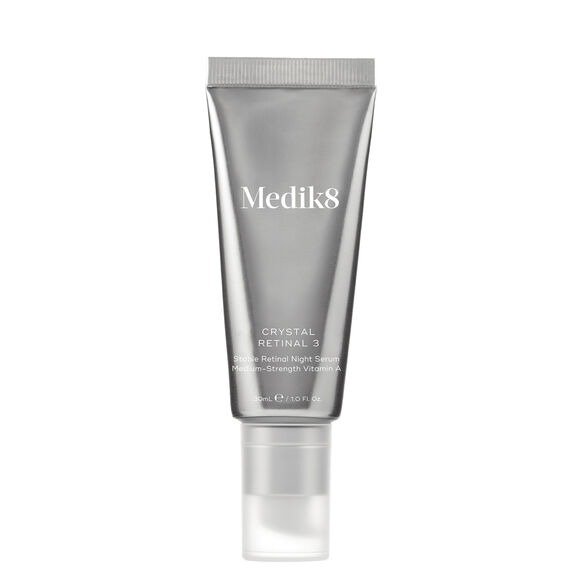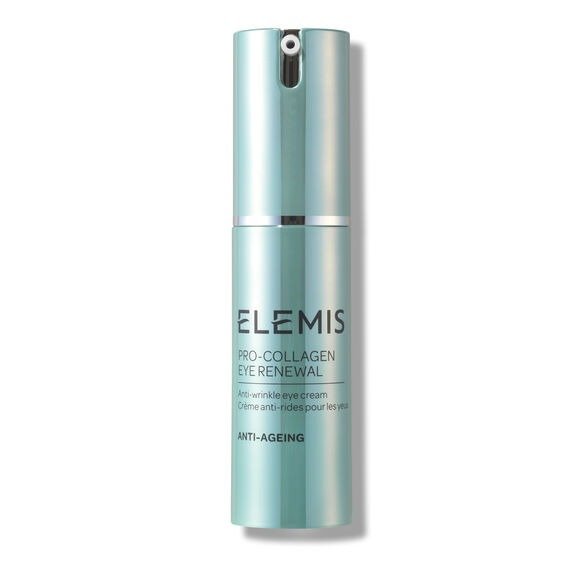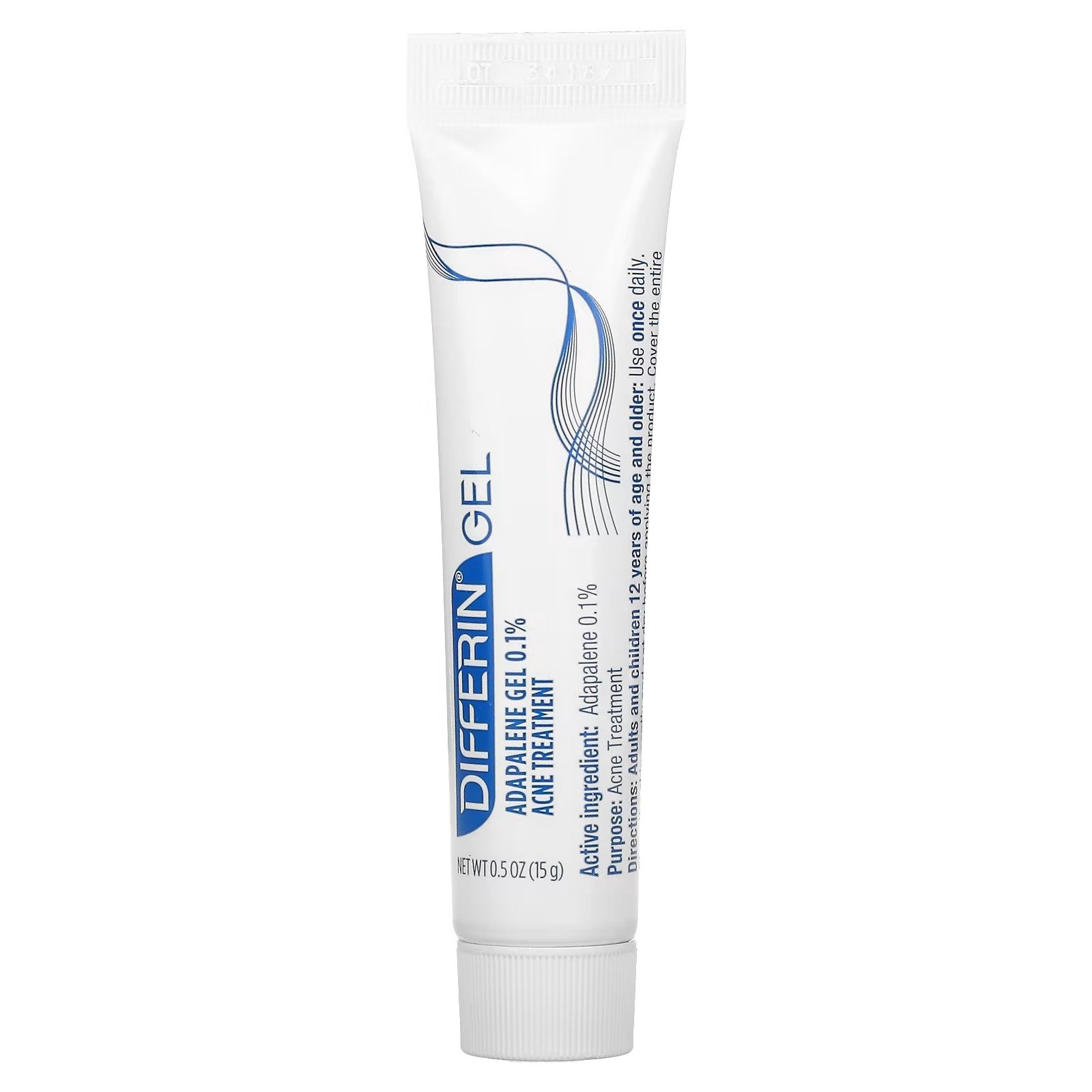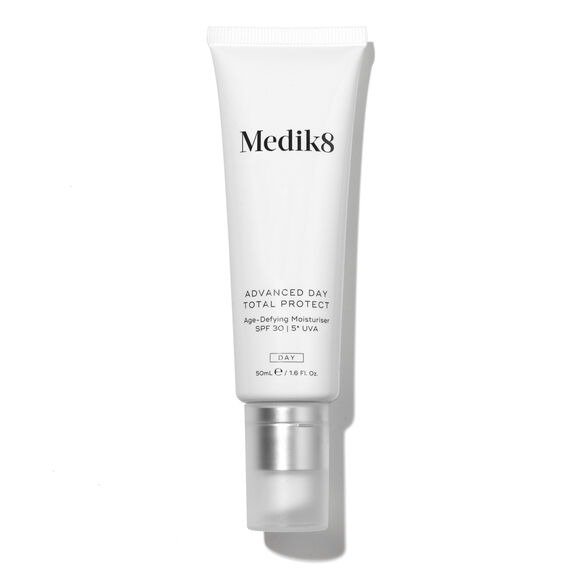Retinoids 101: A Comprehensive Guide to the Basics
If you've been researching skincare products, there's a good chance you've come across retinoids. But what are retinoids? How do they work? What types of skin care products can they be found in? Here's a comprehensive guide to everything you need to know about retinoids.
What Are Retinoids?
Retinoids are derivatives of vitamin A and are used in various skincare products. They are often referred to by their more scientific names, retinoic acid or retinaldehyde. Retinoids have long been used as an effective anti-aging treatment because of their ability to increase collagen production and reduce the appearance of wrinkles and fine lines. They also help improve the texture of your skin by exfoliating it and increasing its ability to absorb other active ingredients. Retinoic acid is the most active form of retinoid, and it’s often prescribed as a topical cream for acne or wrinkles. Retinaldehyde is the second strongest form of retinoid, and it’s usually found in over-the-counter products. Medik8 products like Crystal Retinal 3 are formulated with 0.03% encapsulated retinaldehyde
Types of Retinoid Products
Retinoid products come in many different forms – creams, serums, gels, lotions, etc. Some products contain natural sources of vitamin A (such as beta carotene), while others use synthetically derived forms such as adapalene and tretinoin. It's important to note that each type works differently on the skin; for example, tretinoin is considered more potent than adapalene but is also more likely to cause irritation. Elemis Pro-Collagen Eye Renewal uses beta carotene, While Differin contains Adapalene.
Benefits Of Using Retinoid Products
Retinoids work by increasing cell turnover, which helps your skin produce new cells more quickly. As a result, the most obvious benefit of using retinoid products is that they help reduce the signs of aging by increasing collagen production and reducing the appearance of wrinkles and fine lines. They can also help even out skin tone by reducing discoloration caused by sun damage or acne scars. Additionally, some studies have shown that using retinoid products can help control excess oil production and unclog pores, making them ideal for those with oily or acne-prone skin types.
The Side Effects of Retinoids
While retinoids can be incredibly effective for anti-aging and acne treatments, there are some important considerations to keep in mind when using them. First and foremost, these ingredients are highly active and can cause irritation, redness, flaking, and dryness. If you’re particularly sensitive, you can actually use your moisturizer before using your retinoid product, as this creates a buffer between the product and the skin and reduces its intensity. It’s also best to start with a lower concentration of retinoid and gradually increase it over time as your skin adjusts to the treatment. Finally, you should avoid using retinoids on sunburned skin, as they can further irritate the area.
Retinoids can also interact with medications such as birth control pills, so it’s important to check with your healthcare provider before using them. Additionally, they may not be suitable for pregnant or nursing women, so always consult with your doctor if you’re pregnant or planning to have a baby. When using retinoids, you also must, must, must use sunscreen on a regular basis, as they can increase sun sensitivity. Our Sunscreen Faves include Medik8 Total Protect and Kiehl’s Ultra Facial SPF30.
Retinoids can be a great addition to any skincare routine if you’re looking for an anti-aging solution or want to even out your skin tone. They’re also considered by many professionals to be “the gold standard” for anti-aging treatments. However, it’s important to remember that not all forms are created equal – some may work better than others depending on your individual needs – so you may want to consult with a dermatologist before beginning any new skincare regimen involving retinoids. With a bit of knowledge, patience, and care, you can enjoy the amazing benefits of retinoids for years to come.



















